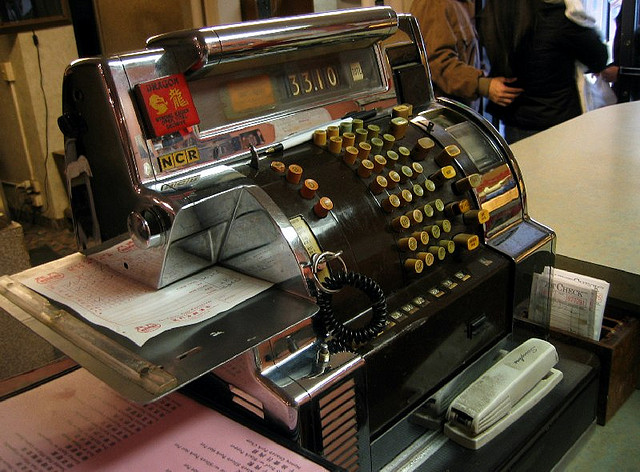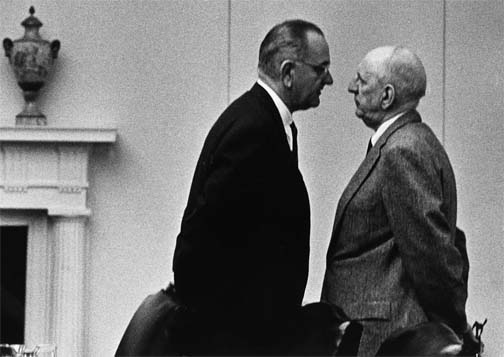
Ash If CC
There is a psychological concept known as the curse of familiarity or the mere exposure effect. So the theory goes, we can develop a certain myopia with regard to things for which we have become intimately familiar and gathered expertise. This familiarity can make us see the world through that lens only. Then we lose sight of the fact that others may not be as familiar with the facts as we are. Our arguments can become old friends, and we can sometimes underestimate the value of our opponent’s argument. Also, we tend to gravitate toward the familiar and reject different ideas, not for their inferiority, but simply because those ideas are different.
The Perils of Overestimating Your Argument and Underestimating Your Opponent’s Position
This priciple is no more dangerous than when it happens with our argument or our position in a case. Over time, lawyers can fall so in love with our own argument that we cannot even wrap our head around our opponent’s. The result is that we do not see the strength of the argument and cannot plan to meet it. We make the mistake of preparing for the weak version of the argument that we perceive in our mind. Unfortunately, when we miscalculate the strength of our opponent’s position, we come to court unprepared. When it’s game time, find ourselves pitted, not against the straw man we trained for, but against the real opponent with the real argument. Suddenly, things come at us we did not anticipate.
My Pre-Argument / Pre-Court Ritual
I have a ritual that I do before every major court appearance or appellate oral argument. Instead of starting by preparing to present my argument in outline form (presumably I know my argument already). I begin my preparation by pretending that I am my opponent. And I prepare his argument. What points would I lead with? What points would I de-empasize. What witnesses would I call? How would I attack me, if I were my opponent? Once I have prepared as my opponent, I truly understand that I am up against. Having put my own materials aside, I take out my opponents brief, my opponent’s main pleadings, transcripts of arguments for my opponent, and I spent the time it takes to get a full and very sympathetic grasp of my opponent’s argument. I try to resist the temptation to cut this exercise short or get dismissive. I pretend that I will be presenting my opponent’s argument. The exercise generally brings with it rude awakenings.
When I’ve truly gained an understanding of how my opponent will try to beat me, I change hats. I put on my judge hat and think of mine and my opponent’s argument from the point of view of a neutral third party.This process has prompted me to make last-minute shifts in my argument.
40 Questions
From there, particularly if I have an oral argument coming up, I will write out the top 10 tough questions I might expect to face during the argument. I then turn to draft the top 10 tough questions my opponent might get. After I’ve done this task, I will draft what I believe the top 10 softball questions are for my opponent and for myself. By softball question, I mean those questions that would help push my argument along if those questions were to come from a friendly judge or jury. A knowledge of these 40 or so questions helps me know what lies ahead in terms of challenges and strengths. I try to come up with an answer to all 40.
Then, and only then, will I prepare the outline of my argument. The outline of my argument is a whole separate post. But that outline is always better if I have prepared my opponent’s argument first.
Have a big argument coming up or brief due? Spend a few minutes walking in your opponent’s shoes. I think you’ll learn something valuable that will help you with your own argument if you do that.




